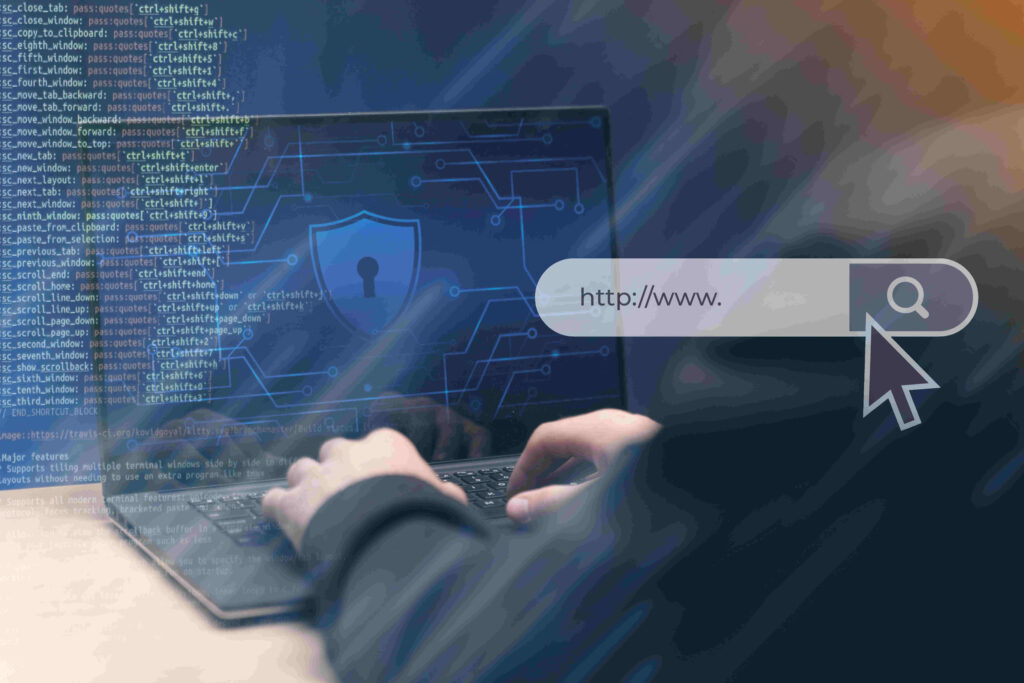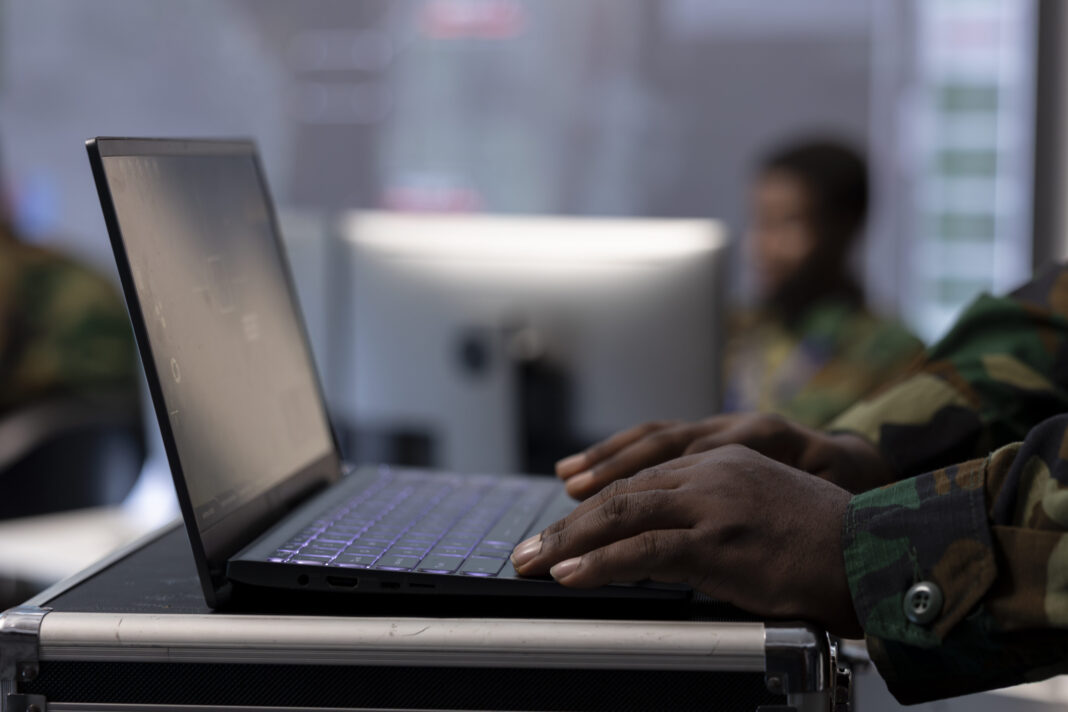In an era where our lives are increasingly intertwined with technology, cybersecurity has become a critical concern for individuals. From online banking to social media, our personal information is constantly at risk of being compromised. This article delves into the essential steps individuals can take to protect themselves from cyber threats, offering practical advice and actionable strategies.
Understanding Cybersecurity
Cybersecurity refers to the practices and technologies designed to protect computers, networks, and data from unauthorized access, attacks, and damage. For individuals, cybersecurity involves safeguarding personal information, financial data, and online accounts from cybercriminals.

Why Cybersecurity Matters for Individuals
Cyberattacks are not just a concern for large corporations or governments. Individuals are often targeted because they may have weaker security measures in place. Common threats include identity theft, phishing scams, ransomware, and malware. The consequences of a cyberattack can be devastating, leading to financial loss, emotional distress, and long-term damage to one’s reputation.
Essential Cybersecurity Practices
1. Use Strong, Unique Passwords
One of the simplest yet most effective ways to protect your online accounts is by using strong, unique passwords. Avoid common passwords like “123456” or “password.” Instead, create complex passwords that include a mix of letters, numbers, and special characters. Consider using a password manager to generate and store your passwords securely.
2. Enable Two-Factor Authentication (2FA)
Two-factor authentication adds an extra layer of security to your accounts. Even if a hacker obtains your password, they won’t be able to access your account without the second factor, which is usually a code sent to your phone or email. Enable 2FA on all accounts that offer it, especially for banking and email.
3. Keep Software and Devices Updated
Software updates often include security patches that fix vulnerabilities. Ensure that your operating system, apps, and antivirus software are always up to date. Set your devices to automatically install updates to stay protected against the latest threats.
4. Be Cautious with Emails and Links
Phishing attacks are a common method used by cybercriminals to steal personal information. Be wary of unsolicited emails, especially those that ask for sensitive information or contain suspicious links. Always verify the sender’s identity before clicking on any links or downloading attachments.
5. Secure Your Home Network
Your home Wi-Fi network is a gateway to your personal data. Change the default username and password on your router, and use a strong encryption method like WPA3. Additionally, consider setting up a guest network for visitors to keep your main network secure.
6. Regularly Back Up Your Data
Data loss can occur due to cyberattacks, hardware failure, or accidental deletion. Regularly back up your important files to an external hard drive or a cloud storage service. This ensures that you can recover your data in case of an incident.
7. Monitor Your Online Accounts
Regularly check your bank statements, credit reports, and online accounts for any suspicious activity. Early detection of unauthorized access can help you take swift action to mitigate damage.
Advanced Cybersecurity Measures
1. Use a Virtual Private Network (VPN)
A VPN encrypts your internet connection, making it difficult for hackers to intercept your data. This is especially important when using public Wi-Fi networks, which are often unsecured. Choose a reputable VPN provider and use it whenever you connect to the internet outside your home.
2. Encrypt Sensitive Files
Encryption converts your data into a code that can only be accessed with a key or password. Use encryption tools to protect sensitive files, such as financial documents or personal identification information.
3. Be Mindful of Social Media Privacy
Social media platforms are a goldmine of personal information for cybercriminals. Review your privacy settings and limit the amount of information you share publicly. Avoid posting sensitive details like your address, phone number, or vacation plans.
4. Educate Yourself About Cyber Threats
Stay informed about the latest cybersecurity threats and trends. Follow reputable sources, such as cybersecurity blogs, news outlets, and government websites, to keep up-to-date with new risks and protection strategies.
Cybersecurity Tools for Individuals
1. Antivirus and Anti-Malware Software
Antivirus software is essential for detecting and removing malicious software from your devices. Choose a reputable antivirus program and run regular scans to ensure your system is clean.
2. Firewalls
A firewall acts as a barrier between your device and the internet, blocking unauthorized access. Most operating systems come with a built-in firewall, but you can also install third-party firewall software for added protection.
3. Password Managers
Password managers help you create and store strong, unique passwords for all your accounts. They also autofill login credentials, making it easier to use complex passwords without memorizing them.
4. Secure Browsers
Some web browsers offer enhanced security features, such as blocking trackers and malicious websites. Consider using a secure browser for online banking and other sensitive activities.
Common Cybersecurity Myths
1. “I’m Not a Target Because I’m Not Rich or Famous”
Cybercriminals often target individuals indiscriminately. You don’t need to be wealthy or famous to be a victim of identity theft or fraud. Everyone is a potential target.
2. “Macs Don’t Get Viruses”
While Macs are less frequently targeted than Windows PCs, they are not immune to malware. Mac users should still take precautions, such as installing antivirus software and keeping their systems updated.
3. “I Don’t Need to Worry About Cybersecurity Because I Have Nothing to Hide”
Even if you think your data isn’t valuable, cybercriminals can use it for various malicious purposes, such as identity theft or selling it on the dark web.
Frequently Asked Questions (FAQ)
1. What is the most common cybersecurity threat for individuals?
Phishing attacks are one of the most common threats. Cybercriminals use deceptive emails or messages to trick individuals into revealing sensitive information.
2. How often should I change my passwords?
It’s recommended to change your passwords every three to six months, or immediately if you suspect a security breach.
3. Is it safe to use public Wi-Fi?
Public Wi-Fi networks are often unsecured, making them risky for sensitive activities. If you must use public Wi-Fi, use a VPN to encrypt your connection.
4. What should I do if I suspect a cyberattack?
If you suspect a cyberattack, immediately change your passwords, disconnect from the internet, and run a full antivirus scan. Contact your bank or credit card company if financial information is involved.
5. Can I recover data lost in a ransomware attack?
If you have a recent backup, you can restore your data after a ransomware attack. Without a backup, recovering encrypted data can be difficult and costly.
Conclusion
Cybersecurity is a shared responsibility, and individuals play a crucial role in protecting their digital lives. By following the practices outlined in this article, you can significantly reduce your risk of falling victim to cyberattacks. Stay vigilant, stay informed, and take proactive steps to safeguard your personal information. Your digital security is in your hands.

